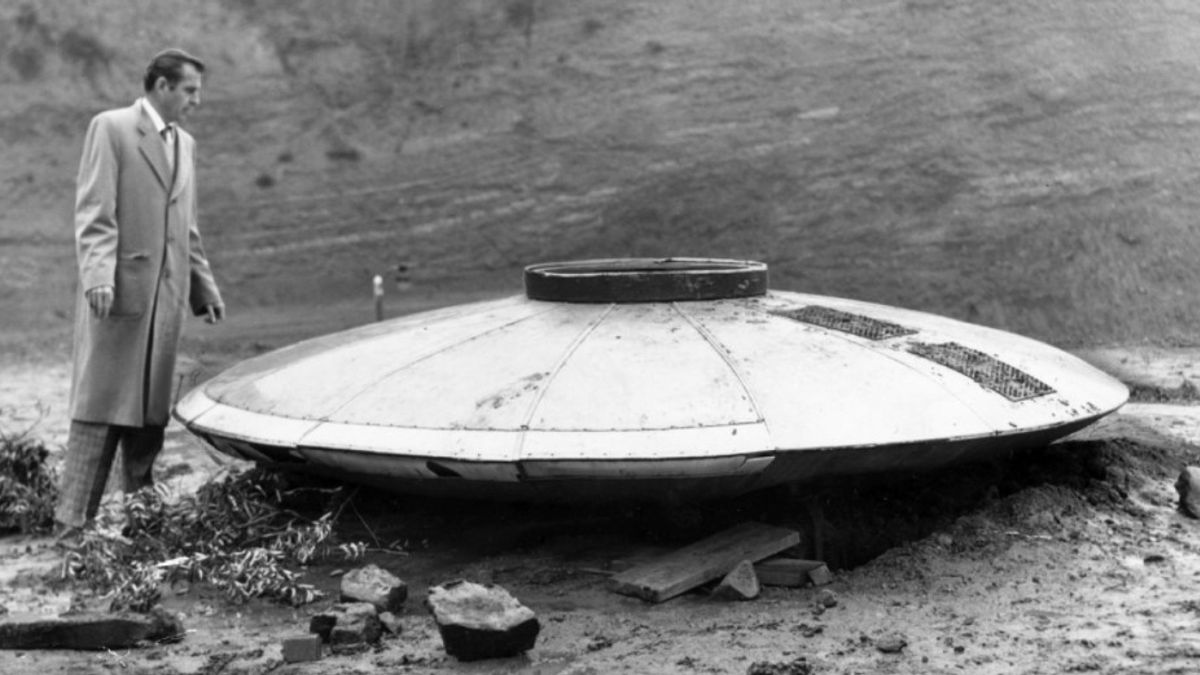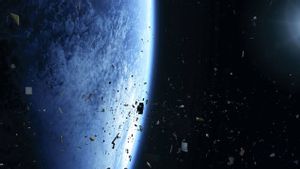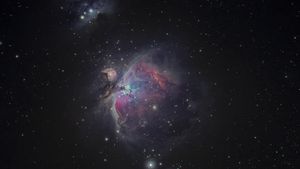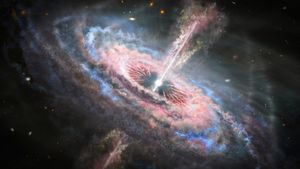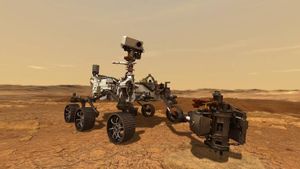JAKARTA - Late last month, the United States (US) Department of Defense released a report on 140 incidents of the emergence of Unidentified Aerial Phenomena (UAP). For the most part, these incidents were recorded by US Air Force pilots over the past decade.
To this day, there is no official or scientific explanation for this phenomenon. However, that does not mean that there are no people who do not believe in the existence of beings from other planets.
A survey was conducted by the Pew Research Center. It took place between June 14 and 24 and involved 10.417 adults from the United States. From the survey, it turns out that quite a lot of people believe that humanity is not alone in this universe.
Only 2 percent refused to answer, while the rest believed that stories about UFOs were the product of imagination, even delusions.
The survey is further strengthened by the assumptions of three leading scientists. Summarizing from Science Alert, here are the answers from five leading scientists across disciplines when asked about, "Do aliens really exist?"
Jonti Horner, Astrobiology:
In my opinion, the answer should be 'Yes'. But the real question is, "Are aliens close enough for us to find?".
Space is vast and huge. Over the last few decades, we have learned that every star in the universe must have a planet. Our galaxy, the Milky Way, has an estimated 400 billion stars.
If each star has five planets, (then) there are two trillion planets in our galaxy alone. We also know that there are more galaxies in the universe than planets in the Milky Way.
In other words, there are a lot of dwellings out there. So much variety, I find it impossible to believe that Earth is the only planet that has life, including intelligent and technologically advanced life.
SEE ALSO:
Steven Tingay, Astrophysicist
Yes, but it's a bold question. So let's be clear about what we're talking about. I consider the term "alien" to refer to all kinds of life, as we understand it on Earth, living in places other than on Earth.
In addition, there is currently no fuller consensus on the definition of "life". This is a very complex concept. However, if we found the presence of something like bacteria somewhere other than Earth, I would classify it as alien life.
The Universe is made up of billions of galaxies, each of which could contain thousands of billions of stars. Most of these stars have one planet. This planetary system forms a rich mix of elements, including all elements that are valued as essential elements for "life".
So it's hard to believe that the mingling of conditions that produce "life" exists only on Earth, and not on the thousands of billions of other planets in the universe.
Rebecca Allen, Space Technologist
Yes, but maybe they (Aliens) don't look like us. There are more than 100 billion planets estimated to exist in our galaxy alone (with six billion of them potentially Earth-like). Therefore, the possibility that there is another life in the universe could be confirmed.
It's just that, when we hear the word "alien", the image of a life form like humans usually appears in our heads. Even on earth, the most dominant forms of life turned out to be much older, much smaller, and far more resilient.
What I'm talking about is of course microorganisms. These organisms seem to defy science by being in locations that do not support life, such as mud around volcanic ventilation ducts. I'll bet that alien life exists in the form of these extremophiles.
The English, Chinese, Japanese, Arabic, and French versions are automatically generated by the AI. So there may still be inaccuracies in translating, please always see Indonesian as our main language. (system supported by DigitalSiber.id)
